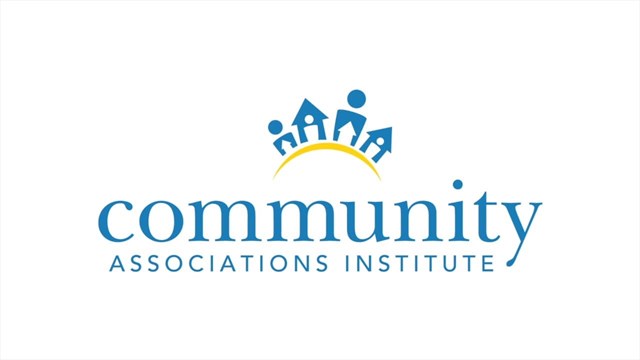It's springtime, and the annual budget process for associations is quickly approaching. To avoid financial surprises, budgets should be as realistic as possible. With that in mind, one of the main goals of the budget process should be smooth, incremental increases in maintenance fees. That being said, maintenance fees should be the last item to calculate—not the first.
When preparing the upcoming budget for your HOA, don’t forget to consider the following:
Prior Year Operating Results
• This is a line item which should always be considered and included in the budget, but which is often overlooked.
• Could very well 'balance' your budget—or create a problem
• If a prior year surplus is available, then include a projected amount for “use of prior year surplus” in budgeted revenues, or ”prior year deficit recovery” in budgeted expenses.
• For developing communities, in most cases, the developer should be subsidizing any operating deficit of the association.
Operating Contingency
• This is a line item which should be included in the budget for unexpected expenses that may occur.
• Budget approximately three to five percent of total operating expenses.
Bad Debt Expense
• Depends on the community, however may significantly affect cash flow, especially during these economic times.
• Estimate an amount in budgeted expenses based on past collection experience and current legal collection reports.
• Consider late fees and legal fees which have been accrued as income but will not be collected.
Allocation of Interest and Investment Income
• Consider whether interest earned in each fund is kept in the respective fund.
• Or will interest earned on other funds be transferred to operating?
• If interest is transferred to operations, then all interest income should be included in budgeted revenues.
• If allocated to funds, then the interest income earned in the respective cash accounts should be allocated to the respective funds.
• Keep in mind the current prevailing interest rates and budget conservatively.
Working Capital Contributions
• What do the association documents say?
• Is working capital kept in a separate fund, or is it added to operating revenues?
• If a separate fund—don’t include in operating revenues in budget.
• Remember, you can use monies available in separate fund to offset operating budget (for established and mature communities only). If working capital in a separate fund has amounted to more than the equivalent of three months of maintenance fees, then you may utilize the excess working capital contributions to offset your current budget, if needed. (This is not recommended for developing communities).
Re-assess Funding Level For Deferred Maintenance and Replacement Funds
• Are there various funding methods included in the reserve study?
• Contributions allocated in the budget should be based on the recommended annual contributions per the method adopted by the board in the engineer’s reserve study (i.e. full funding, threshold, baseline).
• Deferred maintenance contributions should be based on a schedule prepared by an engineer or an informal schedule prepared by the board.
• Assess current accumulated balance in each fund and revise future annual contributions, if necessary.
Cost of New Reserve Study
• Should be included as operating expense and included in the budget year in which study will be performed.
• Study should be updated every three years.
By considering the above items in your annual budget and including realistic amounts for all other necessary line items, you will allow for the unexpected to be anticipated in fulfilling this aspect of your financial responsibilities as a board member, agent or manager.
Marie D. Mirra, CPA, is the owner of Mirra & Associates, LLC in Hillsborough.






Leave a Comment